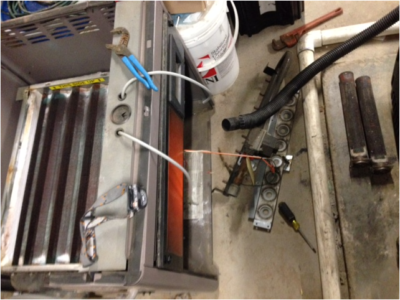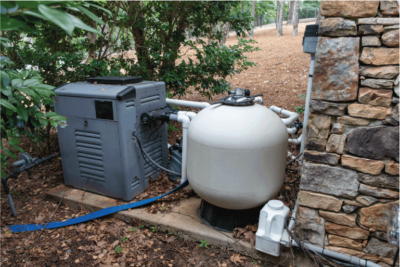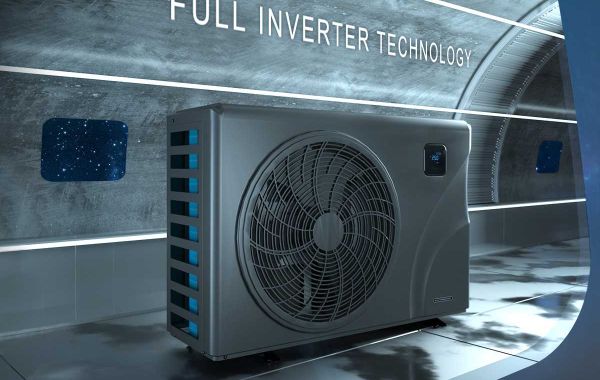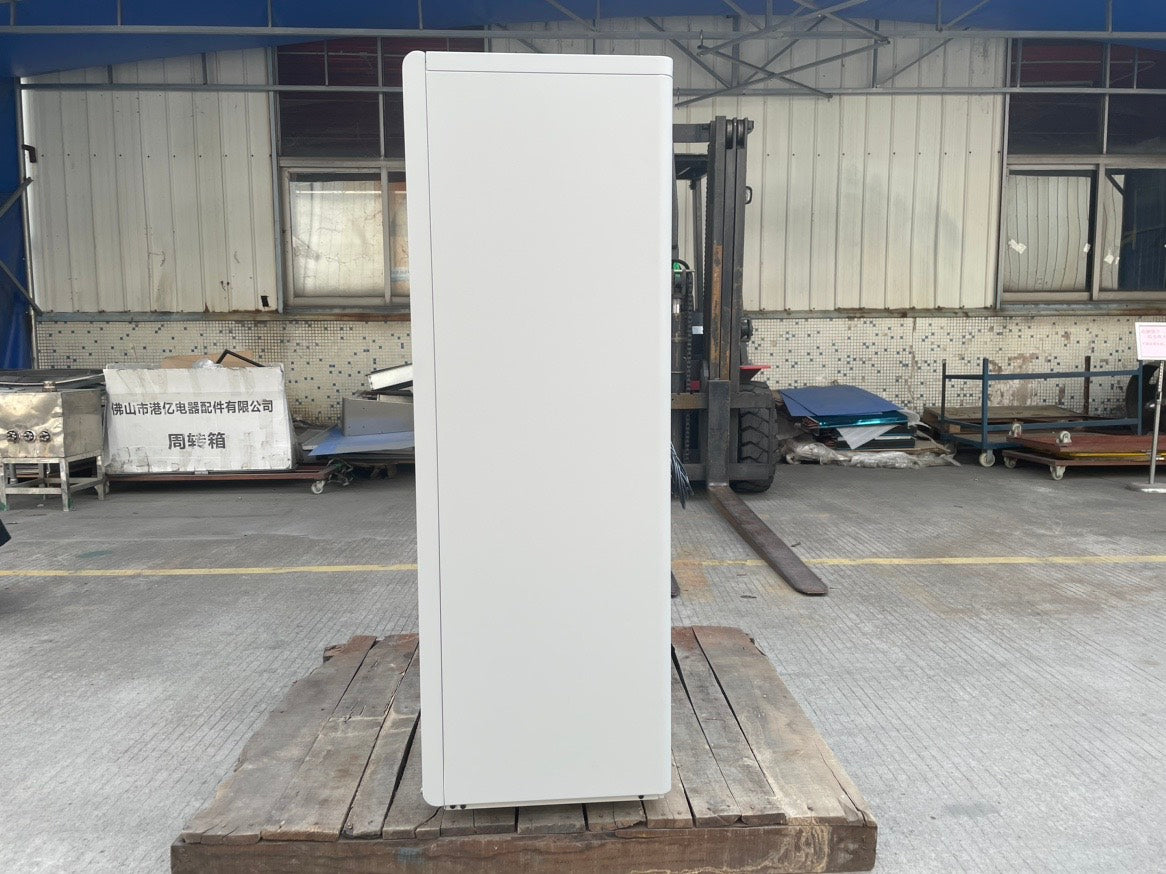Pool heaters are a large expense for most pool owners and want to avoid costly repairs.Therefore,pool heater maintenance is very important [caption
 pool heater maintenance
pool heater maintenance
Heat Exchanger Cleaning
Every one or two years, remove and inspect the heat exchanger on top of the heater. Vacuum to remove all leaves and debris. Use a flashlight to inspect the spaces between the tube coils and remove soot or galvanic corrosion with a wire brush if found.
Heating Floor Cleaning
The top of the heater has been cleaned, let's look at the bottom of the heater, leaves, acorns, rust and dirt should be removed to allow the air to flow freely. Remove dirt and debris once a year. Make sure the drain holes on the side of the heater are not blocked to allow condensation and "side" rain to drain from the bottom of the heater.If you find any nesting material to keep birds and mice out.
To Fix Any Heater Leaks
Water inside the heater can cause corrosion and lead to rusted components, wiring and circuit boards. Look for sources of internal leaks such as pressure switches, drain plugs, header gaskets, or even pinholes in corroded heat exchangers
Check the Burner Flame
The first check is to make sure all burners have a flame. If a bank of burners is not igniting, the problem is usually a clogged burner orifice, which can be cleared with a paper clip or string. A second check is that the flame is an intense blue, not a slow red/orange/yellow. A slow flame could indicate a dusty heat exchanger or a faulty fan with poor exhaust. It could also be low air pressure or a faulty gas regulator.
Check Wiring
Check the wiring for signs of melted wires or rodent bites. Also check that the wires are securely connected at their ends. A "hot spot" on the front (shown here) or sides of the heater could mean that the insulation or "firebrick" in that area has failed. If you notice melting wires, you may have a heater venting problem, creating high temperatures inside the heater, and if you notice chewed wires, use peppermint sachets or other means to deter mice or birds from making a home on your swimming pool heat pump.
Around the Heater
Trim plants and trees around the heater to allow the area to dry out quickly after rain. Plants and trees block air flow and increase humidity, which can lead to corrosion. Sunny and dry places are most suitable for installing outdoor heaters. Installing a guard over your heater in the winter is one way to keep out moisture, dirt, animals and insects.

Heat pump manufacturer for swimming pool heater
It is very important to choose a good heat pump supplier, which can save costs and be more environmentally friendly. And avoid high maintenance costs, so pay attention to us to see a good heat pump supplier.

 air source heat pumps
air source heat pumps






